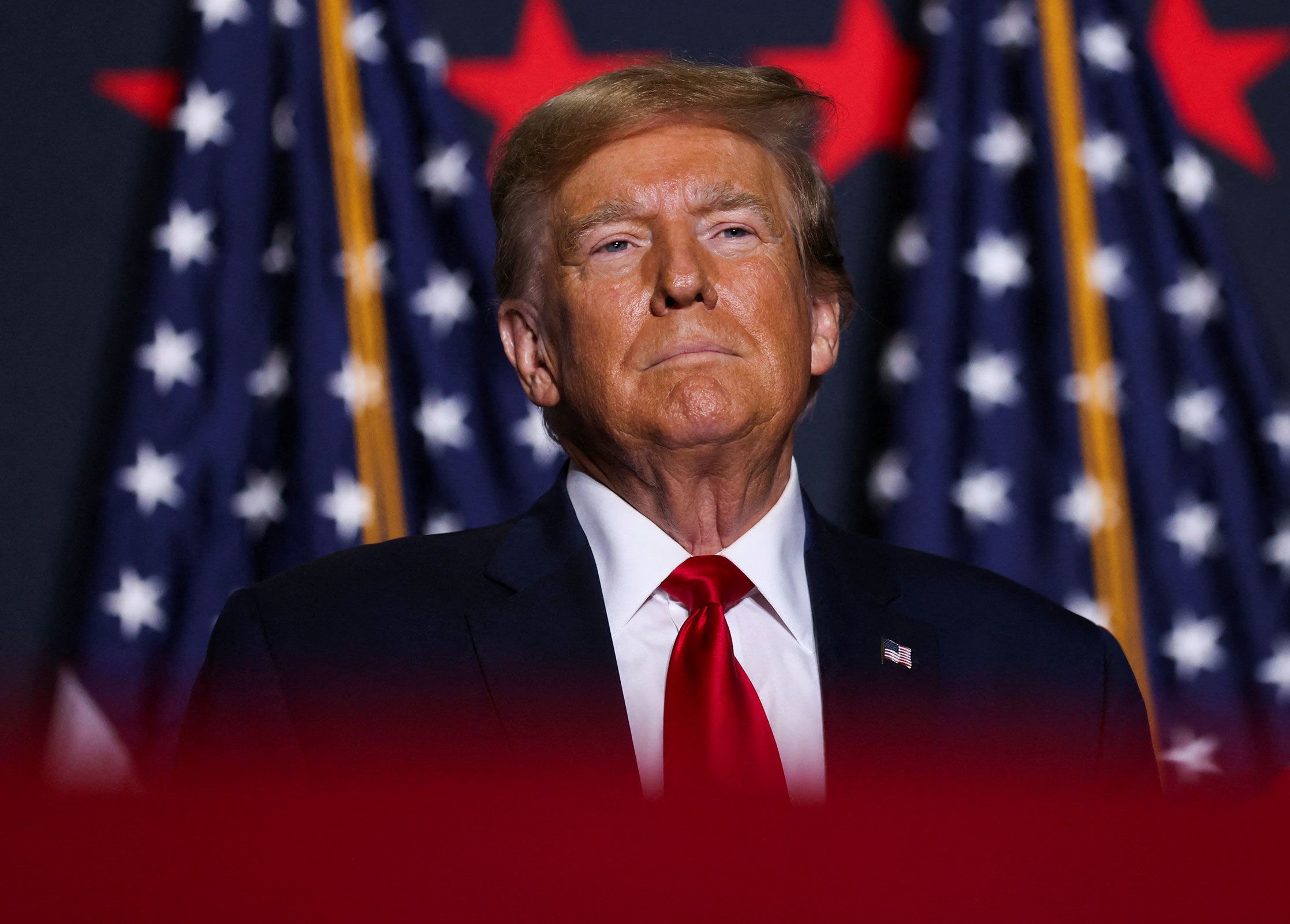In an unforeseen development, an Illinois judge has ruled to exclude former President Donald Trump from the state’s ballot, invoking the 14th Amendment’s “insurrectionist ban.” The ruling is temporarily on hold, providing Trump with a brief window to appeal.
This unexpected ruling on Wednesday coincides with a similar anti-Trump challenge from Colorado, which is currently under consideration by the US Supreme Court. The Supreme Court is widely anticipated to dismiss the argument that Trump is ineligible for office.
Cook County Circuit Judge Tracie Porter heavily leaned on the previous ruling by the Colorado Supreme Court, describing Colorado’s reasoning as “compelling.” Porter acknowledged the significant implications of her decision on the forthcoming primary elections in Illinois.
She ordered, “The Illinois State Board of Election shall remove Donald J. Trump from the ballot for the General Primary Election on March 19, 2024, or cause any votes cast for him to be suppressed.”
The judge’s decision to remove Trump from the Illinois ballot comes a month after the Illinois State Board of Elections dismissed an anti-Trump challenge. A retired Republican judge, appointed by the election board to investigate the issue, held a hearing and concluded that Trump should be barred from the ballot due to his involvement in the January 6, 2021, insurrection. However, he stated that only the courts, not the board, had the authority to enforce his recommendation.
Illinois is now the third state, following Colorado and Maine, to remove Trump from the ballot. These decisions are on hold pending the appeal of the Colorado case to the US Supreme Court. Trump has the option to appeal the Illinois ruling in state courts. He has already successfully defended against similar lawsuits in numerous other states.
The Illinois challenge was initiated by a group of voters in collaboration with Free Speech For People, a legal advocacy group that previously attempted, unsuccessfully, to remove Trump from the ballot in Michigan, Minnesota, and Oregon.
During a hearing in late January, Porter questioned Trump’s lawyers about the distinction between a “riot” and an “insurrection,” and whether Trump must first be convicted of a crime before being barred from office.
Trump’s attorney, Nicholas Nelson, characterized the events of January 6 as a “political riot,” likening it to an angry mob rather than a group with specific legal objectives. Illinois law mandates that candidates certify their qualification for the office they are seeking, which Trump did when he filed to run in the state’s GOP primary.
This story has been updated with additional details. Contributions to this report were made by CNN’s Katelyn Polantz and Eric Bradner.

